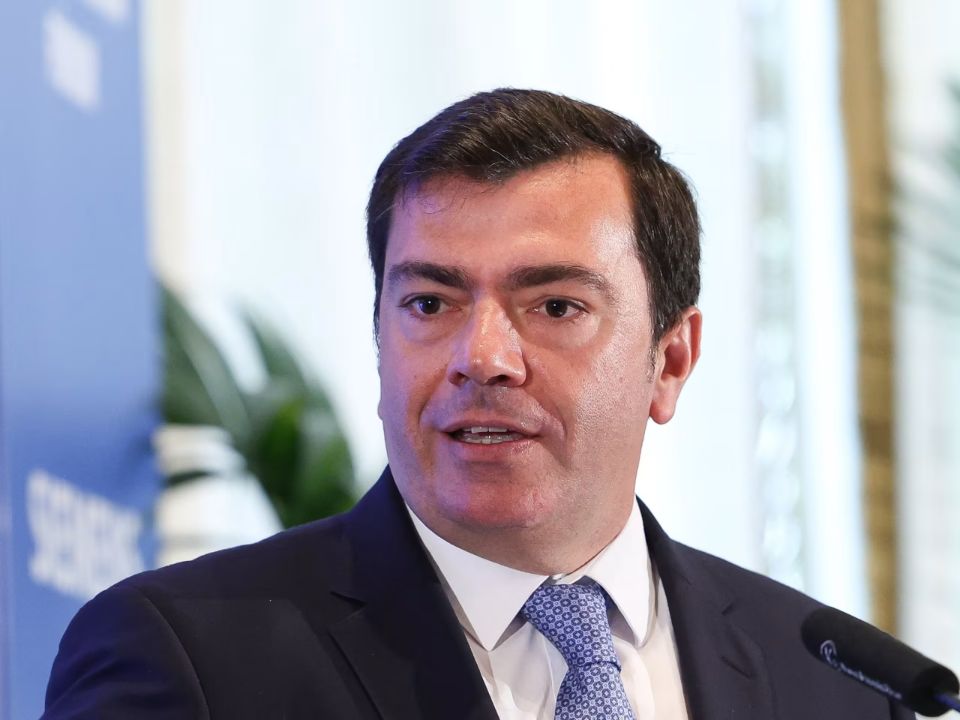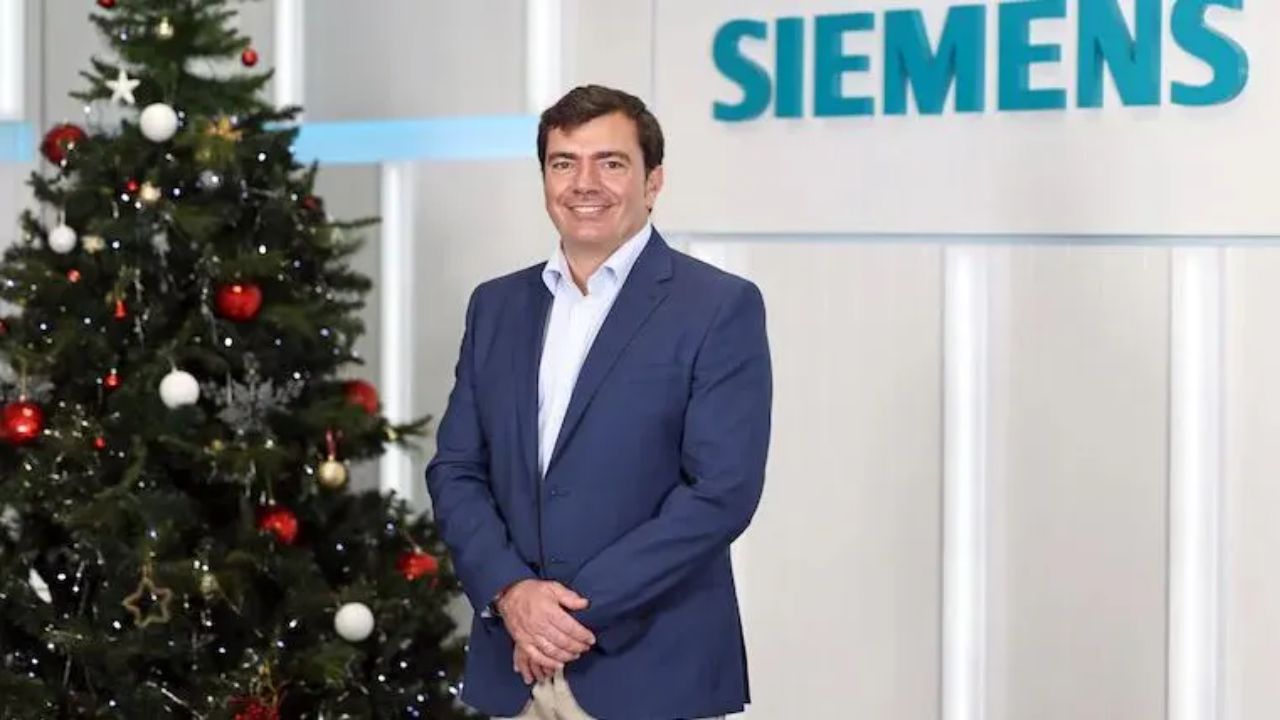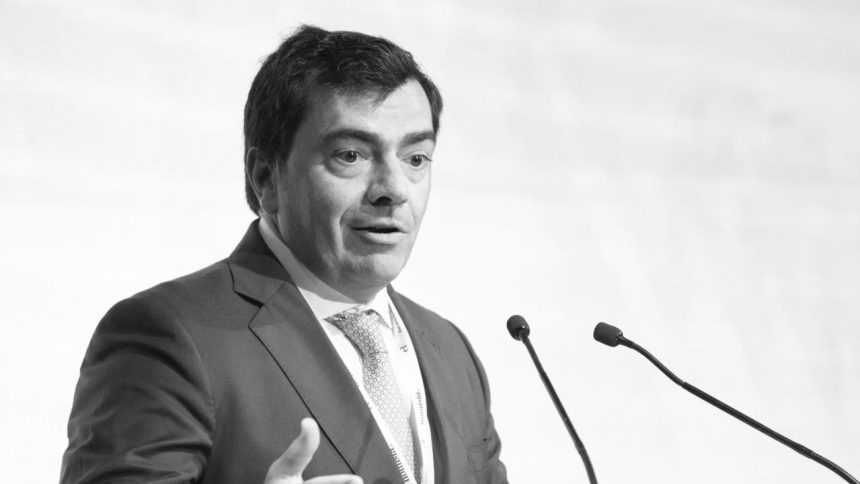Agustín Escobar, the late CEO of Rail Infrastructure at Siemens Mobility, was a high-ranking executive whose career was marked by significant achievements and global influence. Born in Puertollano, Spain, Escobar rose through the ranks at Siemens, a German multinational technology giant headquartered in Munich, to become one of its most respected leaders. His role as CEO of Rail Infrastructure placed him at the forefront of innovations in transportation, particularly in electrification and sustainable mobility solutions.
Siemens Mobility, a division of Siemens AG, reported billions in revenue, with the company’s fourth-quarter fiscal 2024 results showing a staggering €9.5 billion in free cash flow, equivalent to over $10 billion. This financial strength underlined the scale of the projects Escobar oversaw, from high-speed rail systems to urban transit networks. His leadership was instrumental in securing contracts and advancing Siemens’ position in the competitive rail industry, including collaborations with major projects like HS2 in the UK and the Green Steel initiative in his hometown of Puertollano.
Inside Agustín Escobar’s €20 Million Net Worth as of 2025
Agustín Escobar, as Siemens Mobility’s Global CEO of Rail Infrastructure, likely earned €3–7 million annually (base salary, bonuses, and stock) based on Siemens’ €9.5B 2024 free cash flow and comparable executive pay. His estimated net worth of €20 million comes from over 25 years at Siemens, real estate holdings, and investments, though exact figures remain undisclosed.
Siemens’ financial reports for 2024 highlighted a profitable year, with net income reaching €2.1 billion and basic earnings per share at €2.42. Executives at his level typically received multi-million-euro compensation, including base salary, bonuses, stock options, and other incentives. For context, Siemens AG’s CEO Roland Busch and CFO Ralf P. Thomas often disclosed earnings in the tens of millions, and while Escobar’s role was more specialized, his compensation would have reflected his critical role in a division driving significant revenue.
In 2023, Escobar was named a Favourite Son of Castilla La Mancha, a credit to his professional and regional impact, further hinting at his financial and social stature.

Beyond the numbers, Escobar’s career was defined by his hands-on approach. Just weeks before his tragic death on April 10, 2025, he had been in the UK, touring Siemens rail projects, including a cab ride on a London Thameslink train to observe the real-world application of Siemens technology. His LinkedIn posts revealed a leader deeply invested in both the technical and human sides of his work, often praising his team and family for their support.
His wife, Mercè Camprubí Montal, was also a Siemens employee, serving as a global commercialization manager for Siemens Energy, and their dual careers at the company painted a picture of a power couple deeply embedded in the corporate and technological world.
The helicopter crash that claimed Escobar’s life, along with his wife and their three young children—ages 4, 8, and 10—was a devastating event that sent shockwaves through Siemens and beyond. The family had been in New York City to celebrate Mercè’s 40th birthday and extend a business trip into a brief vacation. The sightseeing tour, operated by New York Helicopters, ended in catastrophe when the Bell 206 aircraft suffered a catastrophic mechanical failure, with witnesses describing the rotor detaching mid-flight before the helicopter plunged inverted into the Hudson River.
The crash, which also took the life of the 36-year-old pilot, was investigated by the National Transportation Safety Board, with early speculation pointing to mast bumping or structural failure as possible causes. The tragedy was compounded by the fact that the family’s 8-year-old child was just a day away from their birthday, a detail that made the loss even more heart-wrenching.

Siemens’ response to the crash was immediate and heartfelt, with Christoph Erhard, head of corporate media relations, expressing profound grief in a statement to NBC News. The company mobilized to support the repatriation of the family’s remains to Spain, where they were mourned by figures like Spanish Prime Minister Pedro Sánchez, who called the event an “unimaginable tragedy.”
Escobar’s legacy, however, extends far beyond the tragedy. His work in rail infrastructure left a lasting mark on Siemens’ global operations, and his commitment to sustainability, evident in projects like Green Steel, positioned him as a forward-thinking leader in an industry critical to the future of transportation.



